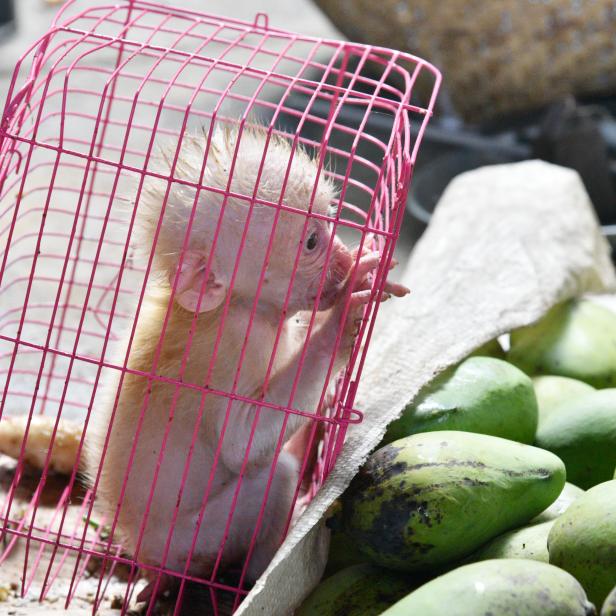
SPmemory
It Is Time to Stop Wildlife Trafficking
Wildlife trafficking is the world’s fourth largest illegal trade, after drugs, human trafficking, and counterfeiting, says the World Wildlife Fund.
Trade in illegal wildlife products is estimated at up to $26 billion each year and the pangolin sadly, has its own chapter in the latest United Nations Wildlife Crime Report. Political leaders, conservationists, and disease researchers have called for a strict prohibition on the sale of wild animals in so-called wet markets, dealing in bushmeat.
Key to Conservation: The Pangolin
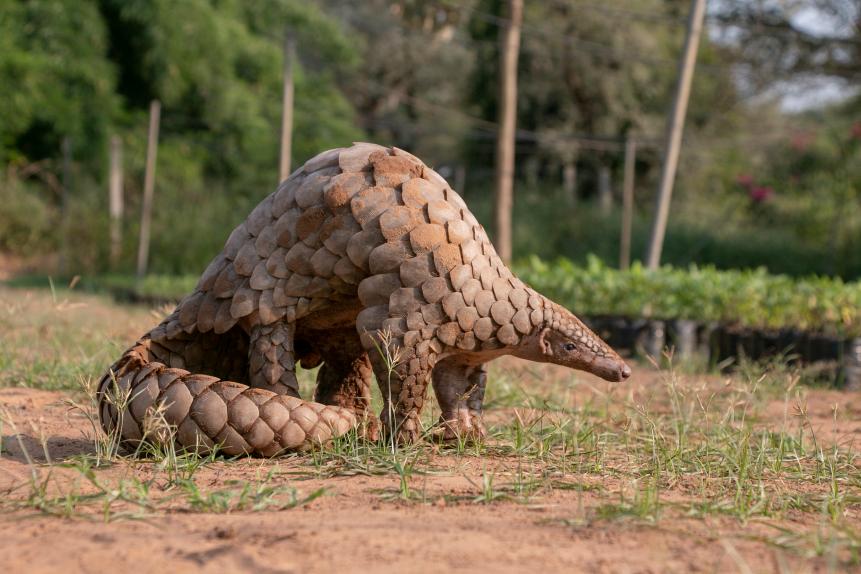
Vicky_Chauhan
One of the most trafficked animals is the pangolin, with Asia at the epicenter for the trade in this ‘scaly anteater’. The region is a poaching hotspot, a transit point for smuggling networks, and has a vast consumer market where endangered species are both consumed and turned into medicinal products. Sales of pangolin products have made this precious animal a must-have item and placed it firmly on the endangered species list.
In essence, pangolins have almost become luxury goods, with 2.2 pounds (1kg) of scales selling for more than $400. “Scales are trafficked more like drugs than ivory,” says Steve Galster of Freeland, a non-governmental organization (NGO) that aims to stop wildlife and human trafficking.
More than 29 US tons of pangolins and their scales were found by Malaysian authorities in a single seizure in February 2019, just days after 11 tons of scales were discovered in raids across Uganda, Vietnam, and Hong Kong.
Scientists are unsure how many pangolins are left in the wild, so wildlife NGOs with the help of government agencies are trying to use what they know about the species to change attitudes and behavior.
One of the most fruitful approaches could be publicizing the widely known links between the wildlife trade and pandemic disease. Pangolins are known to carry coronavirus strains related to the human virus, and agencies say smuggled animals may be linked to the worldwide outbreak.
Studying the pangolin’s incredible response to viral disease might be another way to stop the senseless slaughter. Medical breakthroughs in treatment of COVID-19 and other viral infections could well happen as a result of studying the pangolin’s immune system, which shows resistance to the effects of viruses. Informing the public about this research could then strengthen efforts to preserve wild populations.
If nothing is done, then the pangolin will surely become extinct. The International Union for Conservation of Nature (IUCN) lists six out of eight species of pangolin (four African and four Asian) as endangered, with three in Asia critically endangered.
7 of the World’s Most Endangered Species 7 Photos
May 15th is Endangered Species Day – a day to learn about animals that are at risk and to recognize national efforts to protect our endangered species and their habitats. Here’s what you need to know about some of the animals that are considered endangered species protected by the World Wildlife Fund.
Protection & The Law
The IUCN has a specialist group leading efforts to save this extraordinary animal and governments around the planet have reaffirmed commitments to an international treaty to outlaw trade and make their conservation a priority. Still, Chinese companies continue to make pangolin-based treatments, despite an official ban on using them in medicines.
Technological breakthroughs such as advanced camera technologies using artificial intelligence makes monitoring wildlife and capturing poachers easier. But cracking down on corruption while tightening customs controls, banning commercial trade, and making sure medicines made from scales less attractive will weaken demand and reduce pressure on this rare and fascinating species.









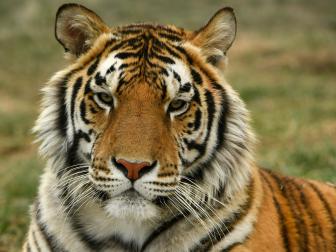
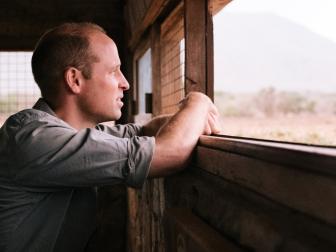
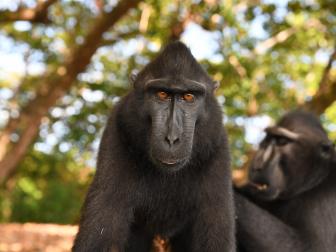



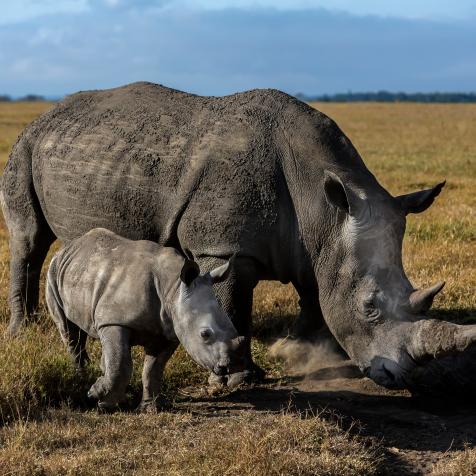

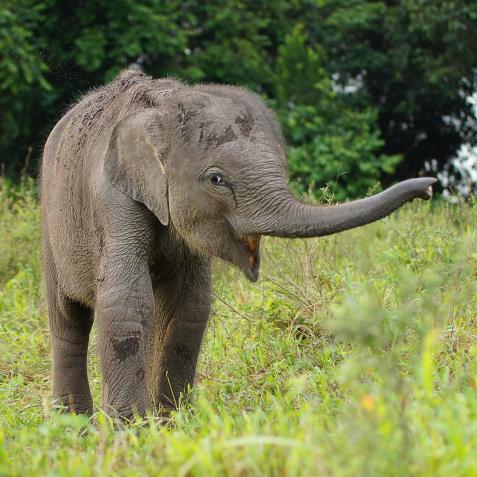

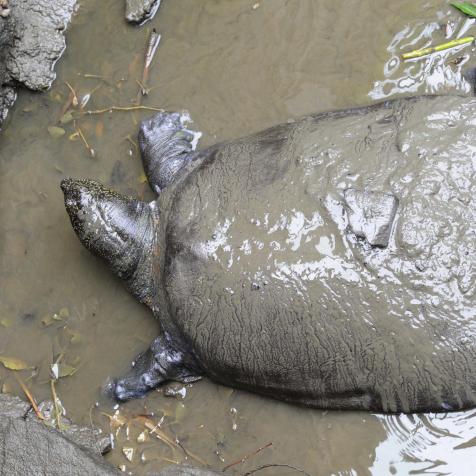
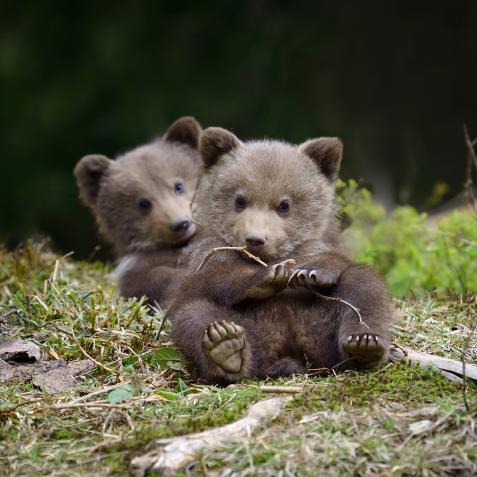

.jpg.rend.hgtvcom.476.476.suffix/1635892481978.jpeg)